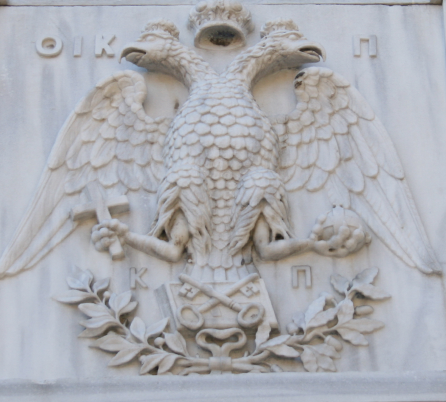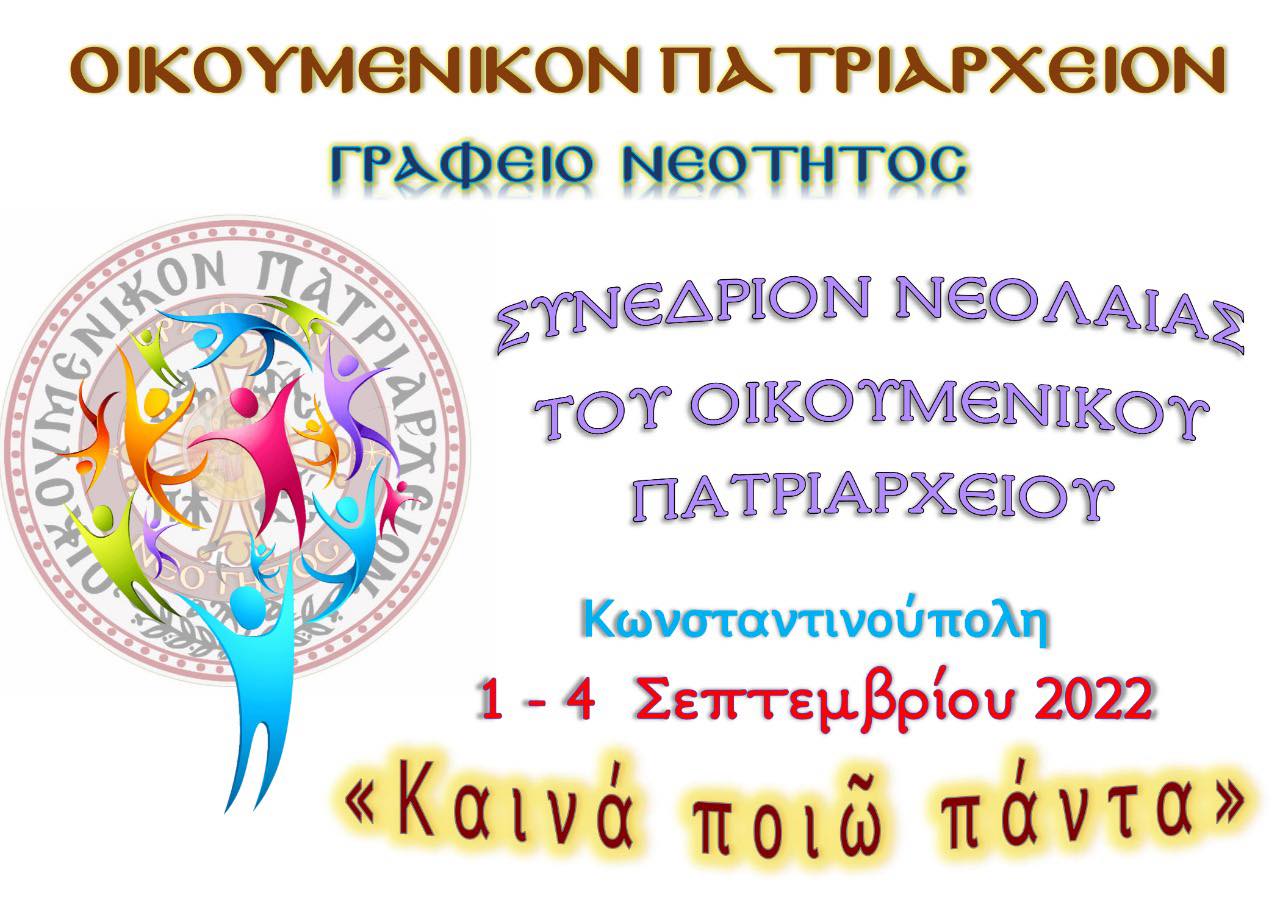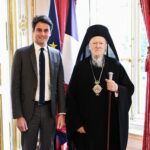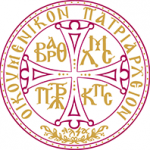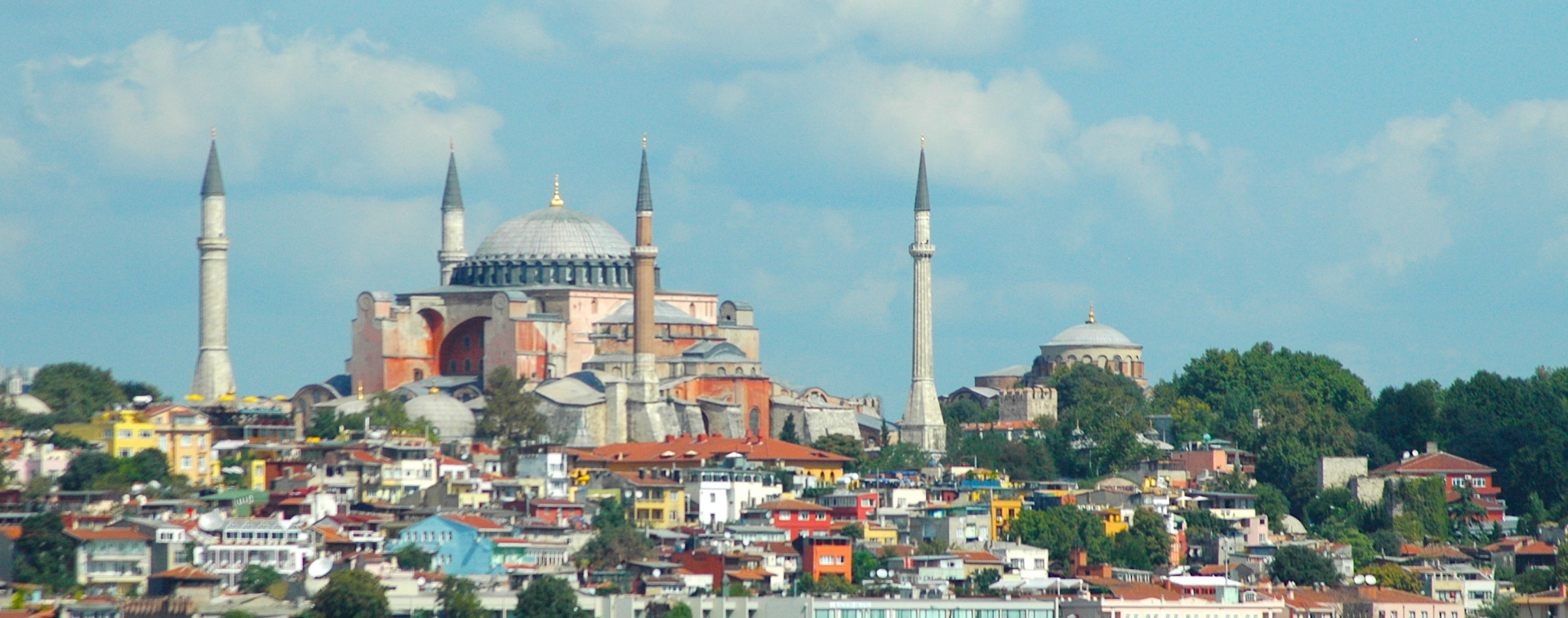







δι᾿ ημάς, είναι το «Συνεχίζομεν».
Συνεχίζομεν, διότι ο φιλάνθρωπος Θεός,
ο «αεί μεθ᾿ ημών», μας έταξε να φυλάσσωμεν εδώ,
εις την Πόλιν του Κωνσταντίνου,
τον τόπον και τον τρόπον του βίου του Γένους”
Οικουμενικός Πατριάρχης Βαρθολομαίος
Δελτία Τύπου και Ανακοινώσεις
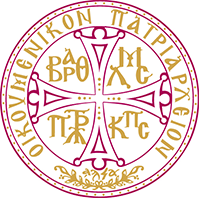 24.04.2024Συνάντηση Οικουμενικού Πατριάρχου με τον Πρόεδρο της Γαλλικής Γερουσίας Posted in: Δελτία Τύπου Η Α.Θ. Παναγιότης ο Οικουμενικός Πατριάρχης κ.κ. Βαρθολομαίος, είχε επίσημη συνάντηση, το απόγευμα της Τρίτης, 23 Απριλίου 2024, με τον… Περισσότερα
24.04.2024Συνάντηση Οικουμενικού Πατριάρχου με τον Πρόεδρο της Γαλλικής Γερουσίας Posted in: Δελτία Τύπου Η Α.Θ. Παναγιότης ο Οικουμενικός Πατριάρχης κ.κ. Βαρθολομαίος, είχε επίσημη συνάντηση, το απόγευμα της Τρίτης, 23 Απριλίου 2024, με τον… Περισσότερα
